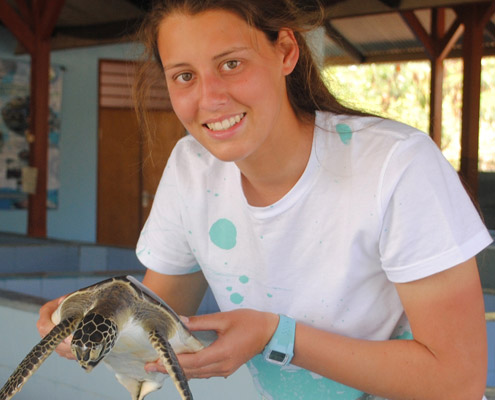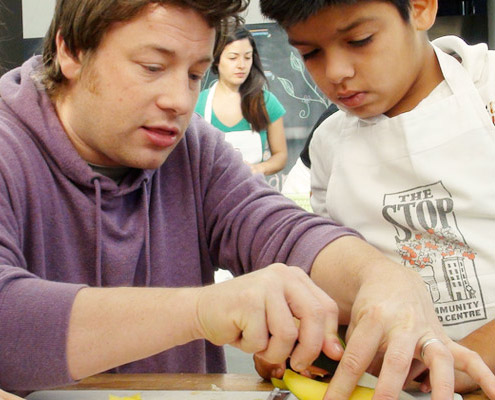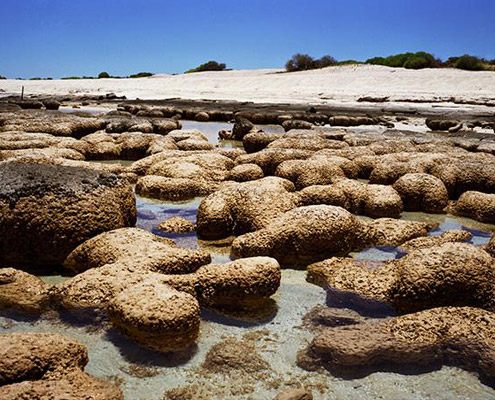
17 year-old Parrys Raines is part of a new generation redefining Environmentalism.She was climbing glaciers at the age of 10 and involved with the UN by the age of 12. At only 17 years old, Parrys Raines has spoken to thousands of young people about reducing consumption, curbing waste, and leaving the planet a cleaner place. She’s travelled all over the world and has friends on almost every continent. What she wants is pretty simple: for people to be safe, to be healthy, and for the next generation to inherit something better, not worse, than what came before them.
Do you feel there is a disconnect between activism and youth?
Being told that you are too young to understand the world’s problems is totally frustrating. I work hard at trying to understand serious social and environmental issues and I would like to be part of the solution.
You’ve been a United Nations Environmental Protection (UNEP) youth delegate three times, attending conferences in Indonesia, Norway, and South Korea. Any reason you enjoy going, and why might other young people consider it?
I like to hear first hand from other kids about what is happening in their country and what positive actions they are taking to help the issues. When kids talk to each other they don’t tip-toe around the issue; we just explain what we see and what needs to be done. All delegates are selected on the basis of their involvement in environmental projects and it’s inspiring to learn what kids in developing countries are doing.
What kinds of problems have you seen?
Through my travels with my environment work I have seen the shrinking glaciers in Europe, I have been to Borneo to learn about orangutans and see deforestation for myself, I have seen sick turtles that have swallowed plastic from the ocean and I have seen poverty. So much waste and pollution making the planet and us humans sick.
What is the answer? Appealing to high powers? Politicians?
We cannot rely on politicians to do the right things for the future as a political cycle is very short. But we have to keep putting pressure on them to make positive changes for the long term sustainability of the planet. I have found that people doing greater things for the planet are not politicians. The reality is the planet doesn’t need us, but we need the planet!
Why are these issues so important to you?
I care when my friends from Brazil send me emails asking for help to save the Amazon. I care when my friend from Nepal tells me there isn’t enough drinking water in her village because there has been less snow and ice last winter. I care that my friend from Botswana is trying to raise money for mosquito nets for poor villages in her country so children and pregnant women don’t get Malaria and she knows with climate change Malaria will get worse.
I care a lot about our oceans and marine life, too. In some parts of the ocean there is more plastic than zoo plankton which is really disgusting. Our oceans provide us with so much— we need to do more for them.
Any beautiful moments along the way?
The closing ceremony at UNEP was incredible. Delegates were dressed in full traditional costumes and there were performances from around the world. The highlight for me was that everyone in the hall—1400 delegates, chaperones, media, Government officials, UNEP officials and staff and local organisers—were given a musical instrument called an Angklung. A beautiful Indonesian lady stood on the stage and gave us all instructions on how to play it and then by only using hand signals she instructed us to play songs. The hall filled with music from our Angklungs. The people in that hall came from so many different countries around the world, speaking their own native languages, but for a short time no speech was needed. We were united as one through music.
What are the messages to other people your age?
To young people, I would say be responsible for the impact you make on the planet, everyday. Learn as much as you can and share what you have learned with family and friends. Don’t under estimate your power to influence your parents, your teachers, and some politicians.
One thing I have learned is that you have to find the right person to help bring about change. We have to move away from the “out of sight out of mind” philosophy and that get out of that “someone else will look after it” mode of thinking. That train of thought is old school. As we grow up we must all be environmentalists without exception.
Also, please think about consumption. You don’t need to have the latest gadget or phone. Technology evolves so quickly so there are always new models coming out so wait until you really need a new one and then pass on your old “stuff” onto some who will appreciate it.
Get amongst nature more often. Ride, surf, climb, run: try anything but get outside more and see what great fun you can have.
And the message for adults?
To adults I would say, include young people in decisions so that we may have the knowledge and tools to deal with the problems we are destined to inherit. Young people have lots of enthusiasm and we are generally more optimistic about finding solutions and tackling problems. You never know, we might surprise you and even inspire you!
Check out Parry’s website here or follow her on Twitter.


